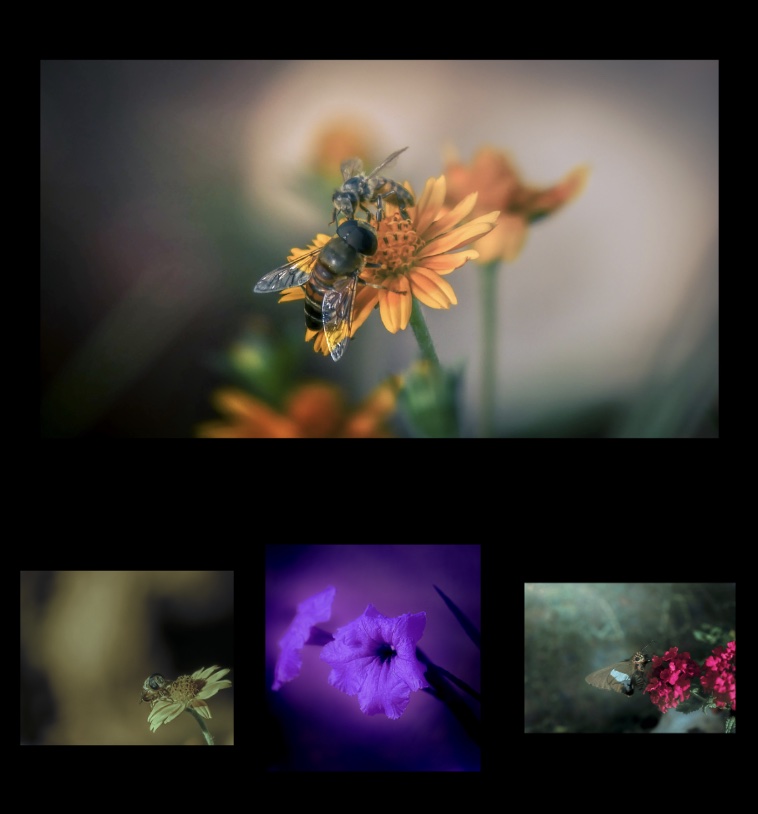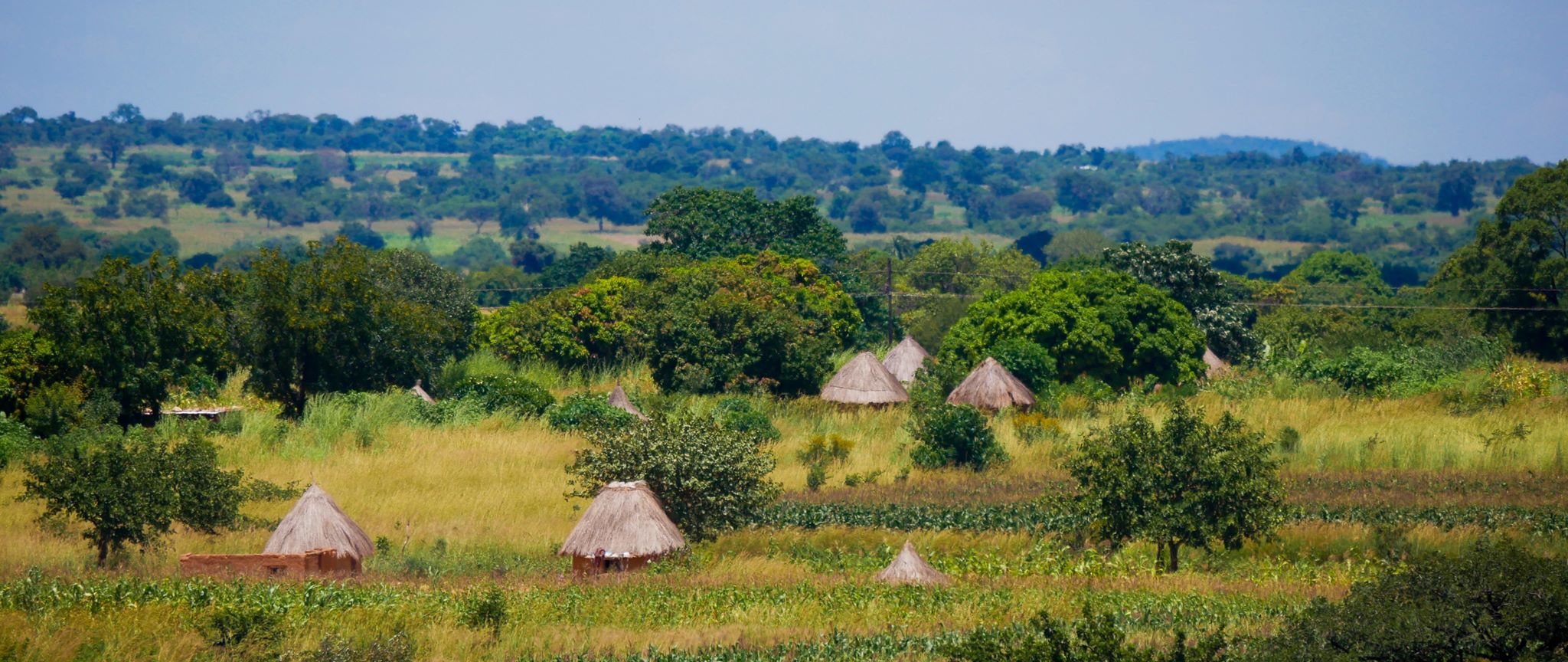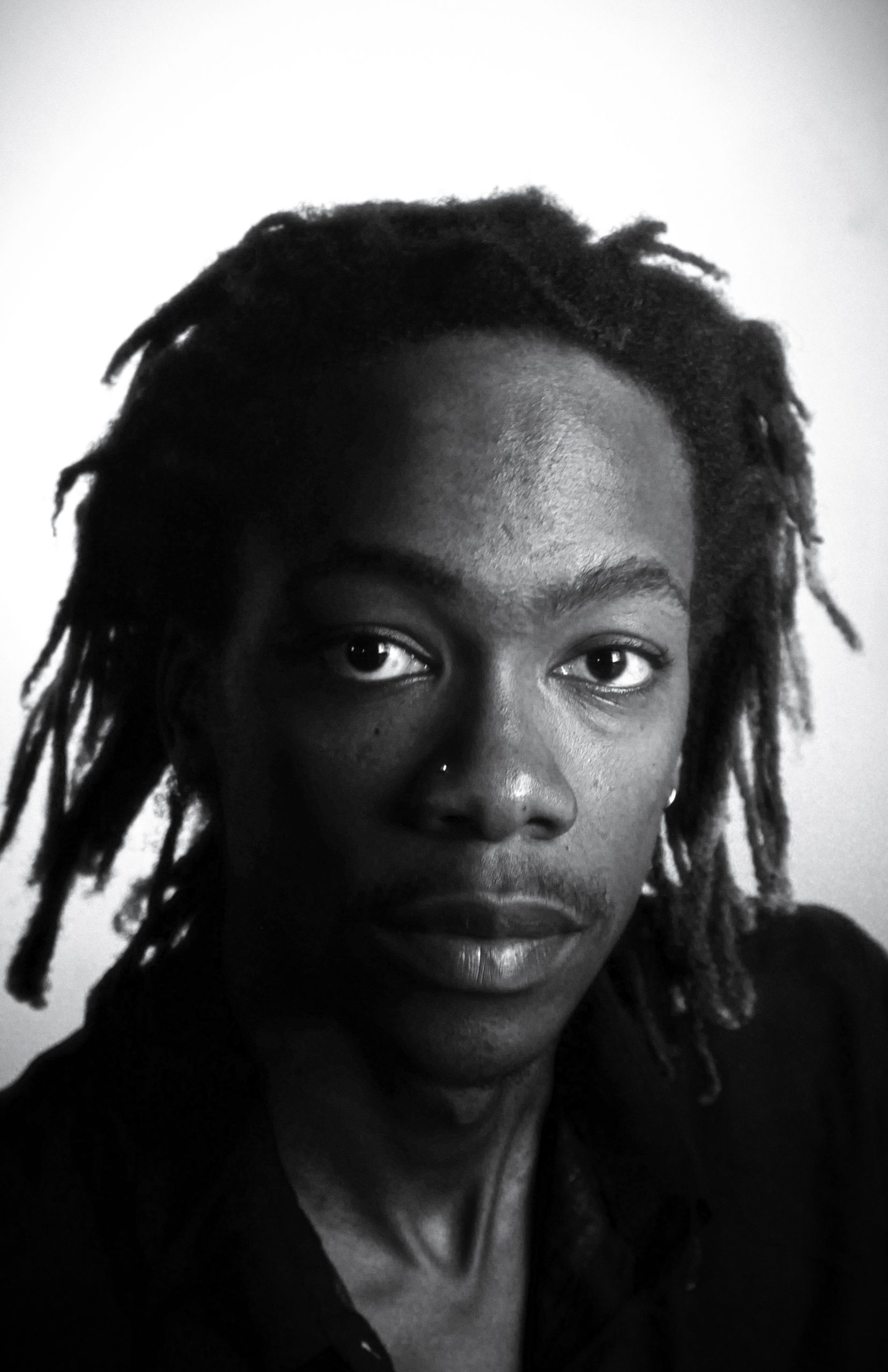In this blog, Helen Leale-Green interviews Malama Mushitu to discover his love for photography and the thought he puts into creating a good learning experience for our students.
Helen: You wear many hats for Our Moon. Can we start with you describing each one?
Malama: It’s only recently that I’ve been able to put a definition to the hats I wear, compared to the time I began my journey, at Our Moon. My interest in the art of photography: composing an image, creating a mood, filters and edits of my own, birthed the role of my photography and social media managing, at Our Moon. More recently, that has exposed me to videography – something I’d never previously considered learning, but I love it!
For Our Moon, I use the photos to produce content for our posts; if there’s a theme centered around the month, then what’s produced is based on that. Last month, we planned the month’s posts around student selection and the art exhibition.
On Sundays, I do some cheffing. Then I am also a student tutor and I work with the younger children. I run errands, do administrative tasks, and do all the food shopping for staff and students. I hadn’t realised I wear quite so many different hats!
Helen: What do you look for when you take photos?
Malama: At the moment, apart from what’s present in the process, there isn’t much I look for when I take a photo and that’s because I don’t have a specific photography style – I’m still exploring the art of lighting and picture composition. I’m now learning the technical side of it, and relying less on my instinct. I now look for the beauty and ugliness of the subject. These days it could be a look in someone’s eye, or the way they touch or hold themselves or the expressions they make when they speak; are they slouching or sitting upright? And in some situations it could be the landscape and what it has to offer as I’m holding my camera; sometimes it could be a bee or butterfly that captures my attention as I’m wandering around. Besides trying to express my imagination, I enjoy using filters that either display a happy, sad or blue mood, or acknowledge the light-patterns the subject and the light are producing, based on the angle they are at. I keep in mind to not lose the nature or character of the subject. The image must maintain what they are, in reality. It isn’t as simple as that, of course, as I need to take time to set up the photo, and keep in mind later as I edit not to modify them, to look older/younger/fatter/thinner or take away their acne. I have also enjoyed playing around in black and white.
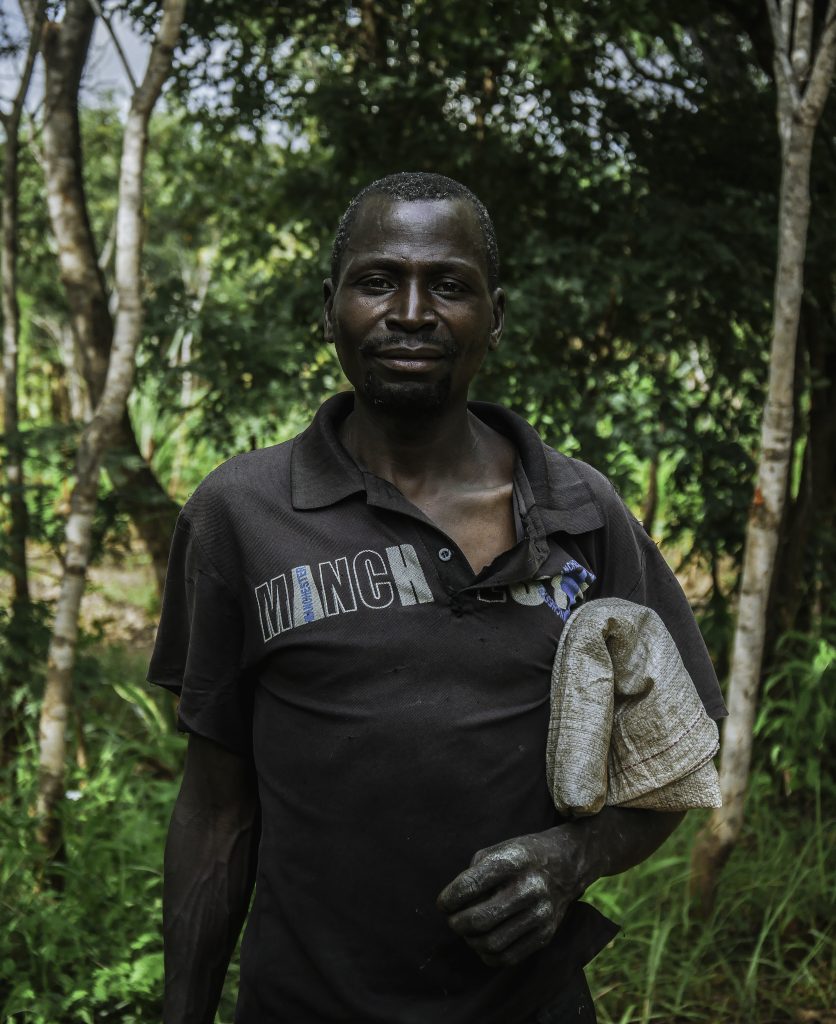
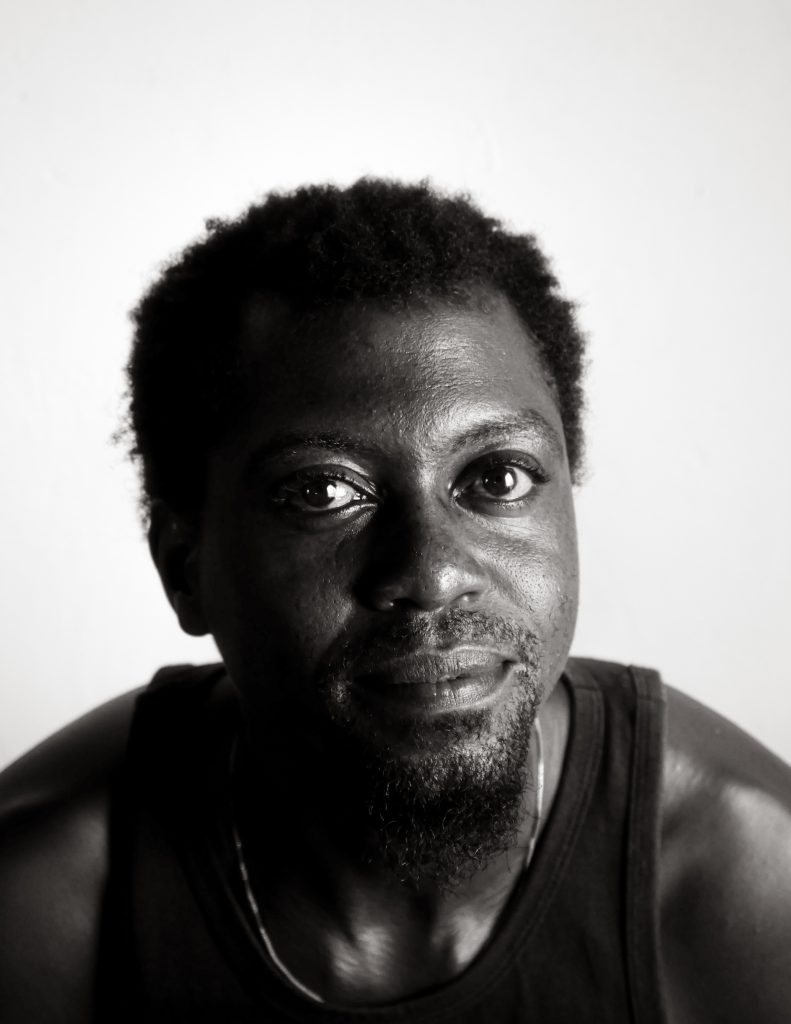
Helen: What do you like doing with photos post-production?
Malama: For Our Moon, I mostly use brightening and sharpening to a photo. I like to make them look a little more vibrant. But for my own photography, I like to use filters that I create.

Helen: You have made a lot of progress on taking photos for our social media. What have been the challenges?
Malama: At first, I always took photos of the students without considering the environment around us. I now try to combine perspectives, so I think about the whole photograph.
Helen: Tell us about tutoring the students. What have been some of the great moments?
Malama: I remember a time when the students were reading the first chapter of a book, but had started taking the work lightly. So I turned the tables, and asked them to teach me and that went on for majority of their time on site. They really got to understand how hard it is to express thought, in a way someone else can understand. They realized that vagueness doesn’t go far but gets buried in the vagueness. It was one of those moments, and in the process they got to improve their reading and presentation skills.
Helen: What did you enjoy about teaching them about Americanah?
Malama: I enjoyed moving them out of their comfort zone, and taking them to a place where poverty and the weight of not just being black, but a foreigner or immigrant has a bruising effect on an identity.
Showing the students, through another person’s experience, especially one of a conscious mind, how the burden is even heavier because wewould prefer the poverty or struggles we’ve left back home, but yet due to expectations from family, friends and dreams, we compromise and suffer.
In Americanah, Ifemelu compromises her identity for a dream she isn’t even sure of, without even acknowledging the fact that, her identity is part of the foundation of her dreams and relationships she builds or has built. It’s those times that I teach them how to read aloud and project their voices. By reading this book, I liked that they got to understand the reality of living abroad. Also the that the people there, in as much as they are developed, are just humans full of confusions, living life on trial and error like everyone else. This spars the wars, racial biases, poverty and police brutality we witness. The students left the course knowing that life abroad isn’t as one dimensional and all positive as they had previously thought. Therefore, they must value their identity.
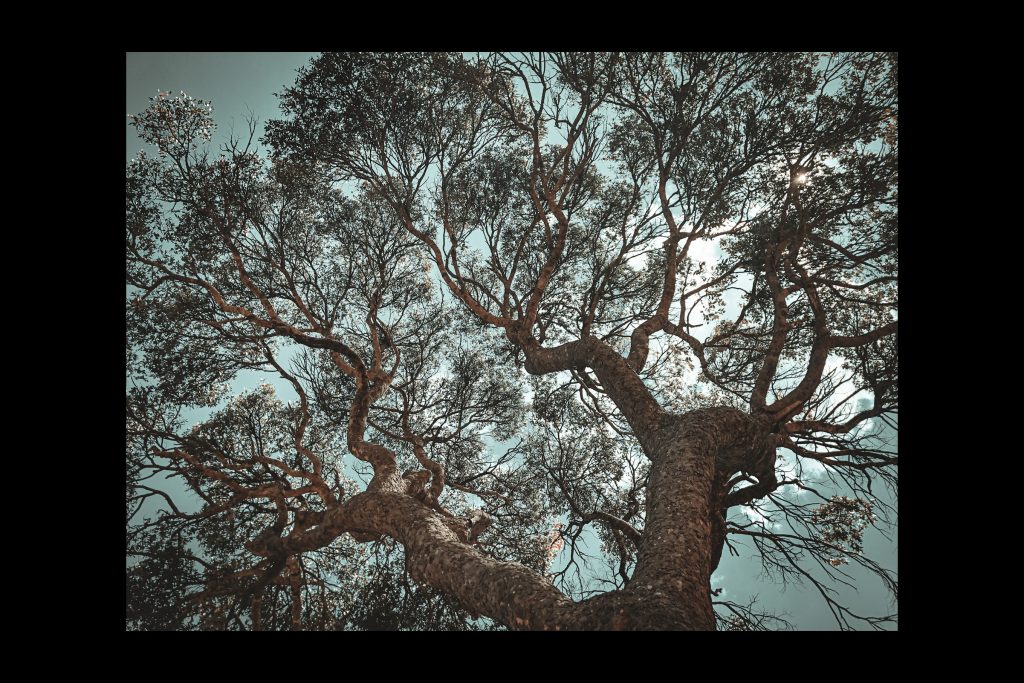
Helen: Working with much younger children – what do you enjoy teaching them?
Malama: I enjoy teaching them fundamentals of: telling and writing stories, the importance of concepts like “taking notes”, listening, expression and conversation, and not fearing failure. But they first have to trust me and I have to go down to their level to achieve any of that.
Helen: You are an occasional chef when Sanky is away or off duty. Do you get inspired by the vegetables that are growing?
Malama: Lettuce was actually the first vegetable I tried working with, because I always disliked it, as I didn’t enjoy the salad dressings. With time I have experimented and worked out how to prepare it in a number of ways like. This has been the same with eggplant and papaya. For instance, with papaya, I have prepared it with chickpeas, garlic, green pepper, parsley and some spices. The second time was papaya, lettuce, apple and lemon dressing. I would then typically make chicken teriyaki to accompany the salad, and also I have experimented with creamy chicken but I am not yet satisfied with the taste I am getting. But I’m pleased to know people enjoy it.

Helen: What has Our Moon given you?
Malama: It has given me the space to think. Through Our Moon, I have managed to meet different people from diverse backgrounds. I am inspired by most of the people I meet, because of how definite they are about the paths they choose to take in life. I’ve never been that certain. Even as I speak, I don’t think I am.
Through Our Moon, I have managed to meet different people from diverse backgrounds. I am inspired by most of the people I meet, because of how definite they are about the paths they choose to take in life. I’ve never been that certain. Even as I speak, I don’t think I am.
When we organized the fundraising walk, I enjoyed meeting the people who accompanied us. The other tutors and some of the students themselves, are very passionate about what they do; Thomas, Chris and Prince are just three of them. That’s inspiring, the passion.
Helen: Last week, you were the photographer for our art exhibition fundraiser in Lusaka, something you hadn’t ever done before. How did you feel it went?
Malama: I enjoyed it! I spoke to lots of people, more people than I usually talk to. Some were chatty and with some, there were awkward silences and vagueness at times. But overall, I was pleased with the event. I photographed a number of people and not all of them were accommodating, but we made it work. I enjoyed meeting the artists and looking at their works. Some paintings were artistically profound and had alarming messages to deliver. The venue was also stunning and very spacious, so photographing people was made easier.
Helen: Finally, some quick fire questions. What is your favourite book?
Malama: I don’t have a favorite book, and that’s because I’ve never put much thought to the idea, but I enjoy reading the Bible. Apart from the spiritual or religious attachment put to it, it’s quite a profound work of literature. It wraps your mind in the poetry, history, politics, enlightenment of the self etc, not just for the “The people of God” but the world at large. I’ve been reading Homo Deus by Yuval Noah Harari, for about 4 years now, and every chapter I’ve taken in so far has been impactful to me. It gives modern man an idea of where he comes from, and the origin of both the catastrophes and pleasant factors of our current world and its status.
Helen: What is your favourite band/musician?
Malama: I don’t think I’ve got a favorite, but I’ve got a number of musicians and bands I love listening to. Those being: Nina Simone, Leonard Cohen, Janis Joplin, Keith Hudson, Bob Marley and the Wailers, (Sixto) Rodríguez, Imagine Dragons, Tom Odell, Fela Kuti, Drake and the many that I can’t pick on top of my mind. I’m fluid with my music.
Helen: What photographs do you like taking just for fun?
Malama: Recently for fun, I’ve been taking pictures of bees and portraits of myself or the people around. You can see some of them in this blog.
